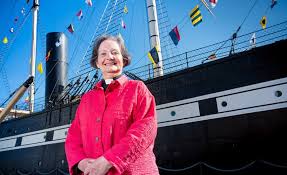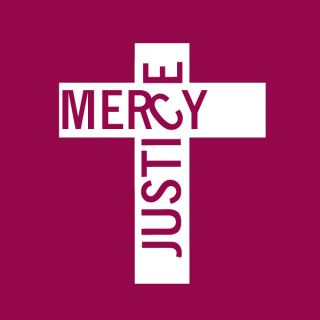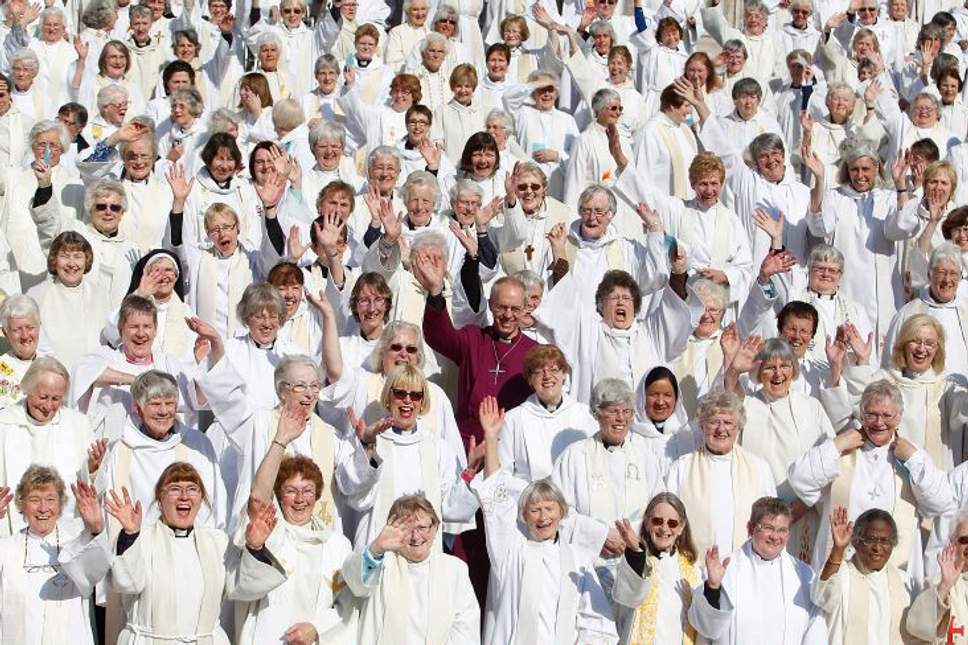
The limits of my language mean the limits of my world. Wittgenstein
I first became aware of the above aphorism some twenty years ago and, like many people, have puzzled away at the implications of its meaning. I now recognise that these words are very important to take on board but I regret that they were never explained to me early on in my life. They would have been especially useful at the time when I began to study the Bible at university.
Like many theological students of my generation it was not unusual to study the Bible in the original languages. Hebrew represented a personal challenge. I battled with it for over two years before giving myself permission to drop it six months before my final exams. Greek was compulsory but New Testament Greek did not hold any terrors for me. I had begun my journey with this language at the age of 14. Why is the Wittgenstein quotation important in connection with the study of ancient languages and the Bible? It is helpful because, understanding the quote properly allows to contemplate the fact that ancient languages limit a reader to the cultural limits of these languages. Hebrew and Greek like every other language are restricted in what they can express. Every language, including our own, has blind spots which limits it in what can be articulated.
This point about the limits of every language came home to me as I was writing my recent piece on narcissism. I found myself using the Narcissistic Personality Disorder ‘language’ as a tool to assess the behaviour of some senior churchmen. I suddenly became aware that the categories of NPD had simply not been available to me twenty years ago. In other words, I could not then describe the actions of certain churchmen by availing myself of these distinct words and concepts. My reading about NPD had extended my means of expression. In the process ‘the limit of my world’ had changed and been enlarged.
The insight about the way that new languages and words allow one to think new thoughts has reverberated into the way I think about the Bible. The original authors of the bible text were constrained by the limits inherent in the languages they were using. There were of course many things that they could say; equally there were many things that they could not say. Hebrew, for example, has few, if any, abstract words. It presents its version of truth and divine revelation especially by narrating events, conversations and feelings.
When I was at school and learning Greek, I had to translate passages of English prose into ancient Greek. The English passages chosen for this task often consisted of extracts from one or other of Edmund Burke’s speeches to Parliament in the 18th century. Like many of his contemporaries Burke was trained thoroughly in the Classics and so was apt to speak in a style reminiscent of the rhetorical language of Demosthenes from the 4th century BC. Thus, his English prose was eminently suitable for translation into Greek. This is something that it would be difficult to do with more modern speeches in Parliament. This simple point is that that ancient Greek and indeed many other languages cannot embrace the nuance of meaning in much of what we say in 21st century English. Our cultural and linguistic horizons have been allowed to grow exponentially from ancient times.
Returning to the English Bible we need to help a reader, not acquainted with ancient languages, to have a keen appreciation of the way that translation sometimes is impossible to do adequately. The choice of a word in English may suggest a nuance of meaning that simply did not exist for the original audience. One of the tasks of good expository preaching is draw out these issues. In the ‘gay debate’ it has, for example, to be pointed out that there no word in Greek in existence which can translated as ‘homosexual’ in the New Testament. There are words which describe male prostitution. A simple neutral word conveying the idea of an individual identifying a preference for their own sex, perhaps in a life-long commitment, does not exist. One approach to the ‘failure’ of the Bible to address this issue directly is to distort the text and mistranslate passages to speak of things that are not there. This is dishonest. An alternative approach is to relax into the Biblical text and its supporting culture, trying to pick up the rhythm of the language used which, even in translation, can be heard. We all need to hear what the Bible does say rather than what we would like it to say. When we read it in this way, we find absolutely no support for modern notions of infallibility or claims for precise historical accuracy in Scripture. The fundamentalist ‘debate’ is a discussion that would have made no sense to anyone living before the 18th century. Just as I was unable to think the ideas around narcissism before I had studied the concept, so the educated person of the early 18th century simply could not have grasped the ideas of modern politically motivated fundamentalists.
In summary, we can see that the Bible, because of its location in time and culture, is unable to offer decisive backing to many of the modern theological debates that we have today. Having accepted that Hebrew and Greek set limits to what can be thought and expressed, we are free to explore what these ancient languages, when well translated, actually do attempt to communicate. I have mentioned the use of story and narrative as a way of communicating truth and this can be done in all languages. For the Hebrew writer especially, God is largely revealed in the events of history and certainly not in the speculations of systematic theologians. A second way in which the Hebrew Bible works in a way that we do not always fully appreciate, is through the use of picture or symbol. Because of our preference for propositional truths about God, a strong cultural bias on our part, we have become desensitised to the many non-propositional statements about God. God is a consuming fire, he is a still small voice, he is heard in the sound of the thunder. Such statements may lack precision and eligibility for credal formulae but they have immediacy and connection with the way that most people think and experience. To take any one of the symbolic statements about God and press it hard to reveal ‘truth’ would do it violence. Our cultural preference for measurable truth as against image and symbol has meant that we often miss much of what the Hebrew Bible is in fact telling us. Many people use the Bible only as a mine for proof texts to support whatever is their current passion or preoccupation. They do not allow it to speak in its own form and idiom because this is so far away from ‘respectable’ theological language.
Wittgenstein’s quote, with which we began this reflection, does two things. It encourages us to recognise that Scripture is limited, compared with modern culture, in what it can say. It cannot be said to be the final word on God or theology because language and culture have expanded immeasurably since it was written. Secondly, if we take the Bible seriously as in some way revealing God’s word, we should be prepared to enter into what it does say. Allowing for all the limitations of language and the way that ideas are filtered through particular cultural constraints, let us celebrate the richness of the world that is found there in the text. Let us enter imaginatively into the pictures, the vividness of the description of human joys and sorrows that are encountered. In short let the Bible be the Bible without claiming for it something that it cannot be, an infallible guide to every scientific, ethical or historical question. It is what it is, limited in some ways by the constraints of its languages and cultural worlds. While biblical words and meanings are limited in what they can say, God himself can still be heard in these words. Other ideas and insights of twenty first century can be added. This mixture of ideas, the old and the new, can be joined together to reveal truth and reality for our time and culture.







